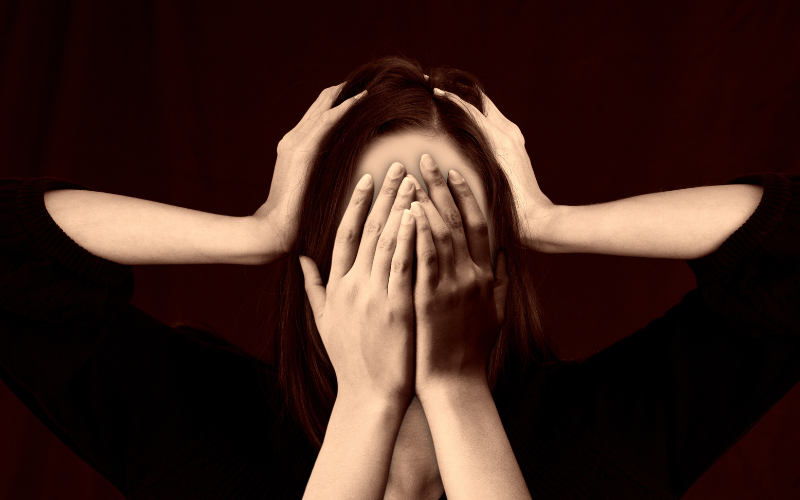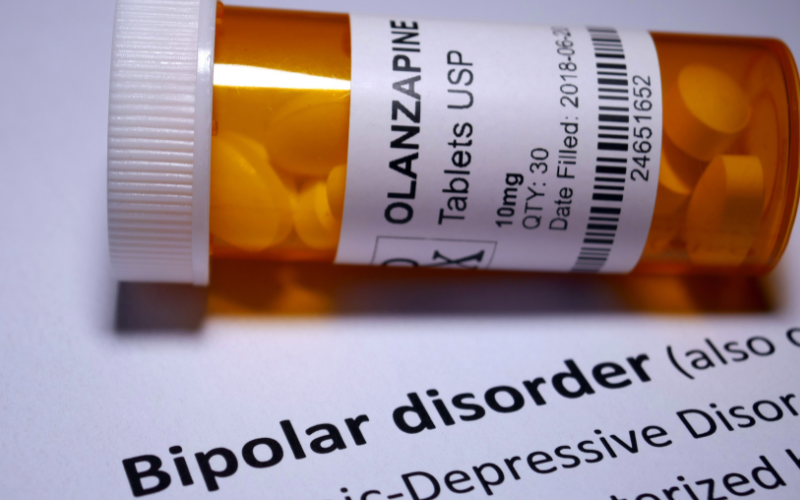Bipolar Disorder is a mental health condition that affects millions of people worldwide. It is characterized by extreme mood swings that can range from manic episodes of high energy and euphoria to depressive episodes of low energy and sadness. Understanding Bipolar Disorder can be difficult, but it is important to know the facts about this condition in order to help those who are affected by it.
Understanding the Causes of Bipolar Disorder
Bipolar Disorder has a complex and not fully understood set of causes. Research suggests that a combination of genetic, environmental, and biochemical factors may play a role in the development of the condition. Some experts believe that a chemical imbalance in the brain is the main cause of Bipolar Disorder, while others point to stress, trauma, and other environmental triggers as contributing factors.
Symptoms of Bipolar Disorder
The most common symptoms of this type of disorder include manic episodes and depressive episodes.
Manic episodes are characterized by high energy, excessive happiness, and a decreased need for sleep. On the other hand, depressive episodes are characterized by low energy, sadness, and a loss of interest in daily activities. Other symptoms of Bipolar Disorder include irritability, impulsiveness, and difficulty concentrating.

Treatments
Bipolar Disorder can be treated with a combination of medications and psychotherapy. Antidepressant and mood-stabilizing medications are often prescribed to help regulate mood swings, while psychotherapy can help individuals better understand and manage their condition. In severe cases, hospitalization may be necessary to help individuals manage their symptoms and prevent harm to themselves or others.
Coping Strategies for Bipolar Disorder
Living with Bipolar Disorder can be challenging, but there are a number of coping strategies that can help individuals manage their symptoms and maintain their mental health. These strategies include:
- establishing a regular sleep schedule
- engaging in physical activity
- eating a healthy diet
- seeking support from friends, family, or a mental health professional

What are the dangers of dating someone bipolar?
Dating someone bipolar can present some challenges, but with understanding, patience, and communication, it can also be a rewarding experience. Here are some potential dangers to keep in mind :
- Mood swings: The condition is characterized by extreme mood swings, which can be difficult to navigate in a relationship. It is important to be understanding and patient, and to communicate openly and honestly about the impact of these mood swings on the relationship.
- Impulsive behavior: Individuals may engage in impulsive behavior, such as spending sprees or risky sexual behavior, during manic episodes. This behavior can be harmful to the individual and the relationship.
- Miscommunication: Miscommunication is a common challenge in any relationship, but it can be especially difficult when one partner is bipolar . It is important to be patient, listen actively, and communicate openly and honestly to avoid misunderstandings.
- Strain on the relationship: The symptoms of this disorder can put a strain on any relationship, and it is important for both partners to be aware of this and to work together to manage the challenges.
- Risk of suicide: Bipolar Disorder is associated with an increased risk of suicide, and it is important to be aware of this risk and to seek help if necessary.
A Bipolar blackout
During a bipolar blackout, the individual may engage in risky or impulsive behavior, such as excessive spending, drug or alcohol use, or sexual promiscuity, without realizing the potential consequences of their actions. The individual may also experience memory lapses or gaps in their recall of events during the episode.
It is important for individuals to work with their mental health care provider to manage their symptoms and prevent blackouts from occurring.

Frequently Asked Questions
The causes of Bipolar Disorder are not fully understood, but research suggests that a combination of genetic, environmental, and biochemical factors may play a role in the development of the condition.
What are the symptoms of Bipolar Disorder?
The most common symptoms include manic episodes and depressive episodes, as well as irritability, impulsiveness, and difficulty concentrating.
How is Bipolar Disorder treated?
It is treated with a combination of medications and psychotherapy. Antidepressant and mood-stabilizing medications are often prescribed to help regulate mood swings, while psychotherapy can help individuals better understand and manage their condition.

Let’s recap
Bipolar Disorder is a complex and challenging mental health condition that affects millions of people worldwide. By understanding the causes, symptoms, treatments, and coping strategies of the condition, we can help those who are affected by it to manage their symptoms and maintain their mental health. If you or someone you know is bipolar, it is important to seek help from a mental health professional to get the support you need.




